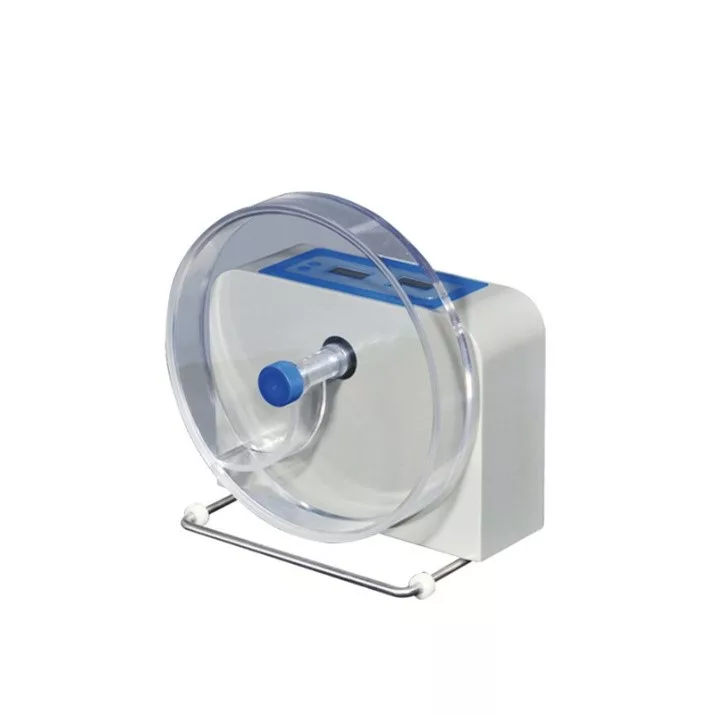Ensure Tablet Durability with a High-Performance Friability Tester KFT/D1
In the pharmaceutical industry, ensuring the quality and durability of tablet formulations is crucial for delivering safe and effective products to consumers. Friability Tester KFT/D1 is an essential laboratory instrument used to assess the mechanical strength of tablets by measuring their tendency to crumble or break under stress. This test helps manufacturers maintain consistent product quality and compliance with industry standards. Explore the key features, benefits, and applications of friability testers in this comprehensive guide.
What is a Friability Tester?
A friability tester is a laboratory device used to evaluate the mechanical strength of pharmaceutical tablets by measuring their resistance to abrasion and breakage. During the test, tablets are subjected to a rotating drum or similar apparatus that mimics the stresses they encounter during packaging, transportation, and handling. The percentage of weight loss, known as friability, indicates the tablet’s durability and resistance to crumbling.
Key Features
- Accurate Measurement: Friability testers provide precise measurements of tablet weight loss, ensuring reliable and reproducible results.
- Standardized Testing Protocols: Designed to meet industry standards, including USP and ASTM guidelines, for consistent and compliant testing.
- Variable Speed and Time Settings: Allows customization of testing parameters to match specific product requirements and stress conditions.
- Easy-to-Use Interface: User-friendly controls and digital displays simplify test setup and monitoring, even for complex formulations.
- Durable Construction: Built with high-quality materials to withstand repeated use and ensure long-lasting performance.
- Compact Design: Space-saving design makes it easy to integrate into any laboratory setup without sacrificing functionality.
Benefits of Using a Friability Tester
- Improved Product Quality: Ensures tablets have the necessary mechanical strength to withstand handling and transportation without breaking apart.
- Regulatory Compliance: Helps manufacturers meet industry standards and regulatory requirements for tablet durability.
- Cost-Effective Solutions: Identifies formulation weaknesses early in the development process, reducing the risk of costly recalls and product failures.
- Enhanced Research Capabilities: Supports formulation development by providing valuable insights into the impact of excipients and processing conditions on tablet strength.
- Efficient Testing: Rapid and automated testing processes enable high-throughput analysis, improving laboratory productivity.
Applications of Friability Testers
- Pharmaceutical Manufacturing: Essential for testing the mechanical strength of tablets, ensuring product quality and consistency in production.
- Quality Control: Integral part of quality assurance processes, verifying that tablets meet specified durability standards before release to the market.
- Formulation Development: Provides insights into the effects of different ingredients and processing parameters on tablet strength and stability.
- Research and Development: Supports the optimization of tablet formulations by evaluating the impact of formulation changes on durability.
Choosing the Right Friability Tester
When selecting a friability tester, consider factors such as testing capacity, compliance with industry standards, and specific application requirements. Reviewing product specifications and consulting with manufacturers can help you choose the best tester to meet your needs.
Conclusion
Friability testers are indispensable tools for ensuring the durability and quality of pharmaceutical tablets. Their precision, compliance with industry standards, and versatility make them essential for professionals in manufacturing, quality control, and research and development. Investing in a friability tester ensures high-quality results, enhancing productivity and supporting informed decision-making.
For expert advice on selecting the best friability tester for your needs, contact our specialists today.





Reviews
There are no reviews yet.